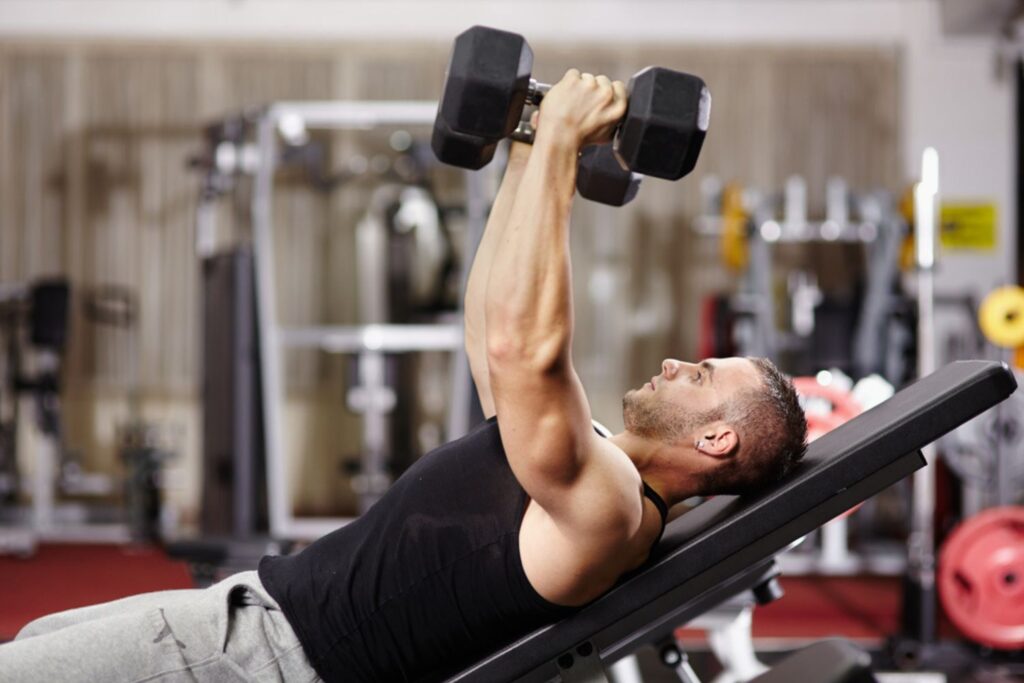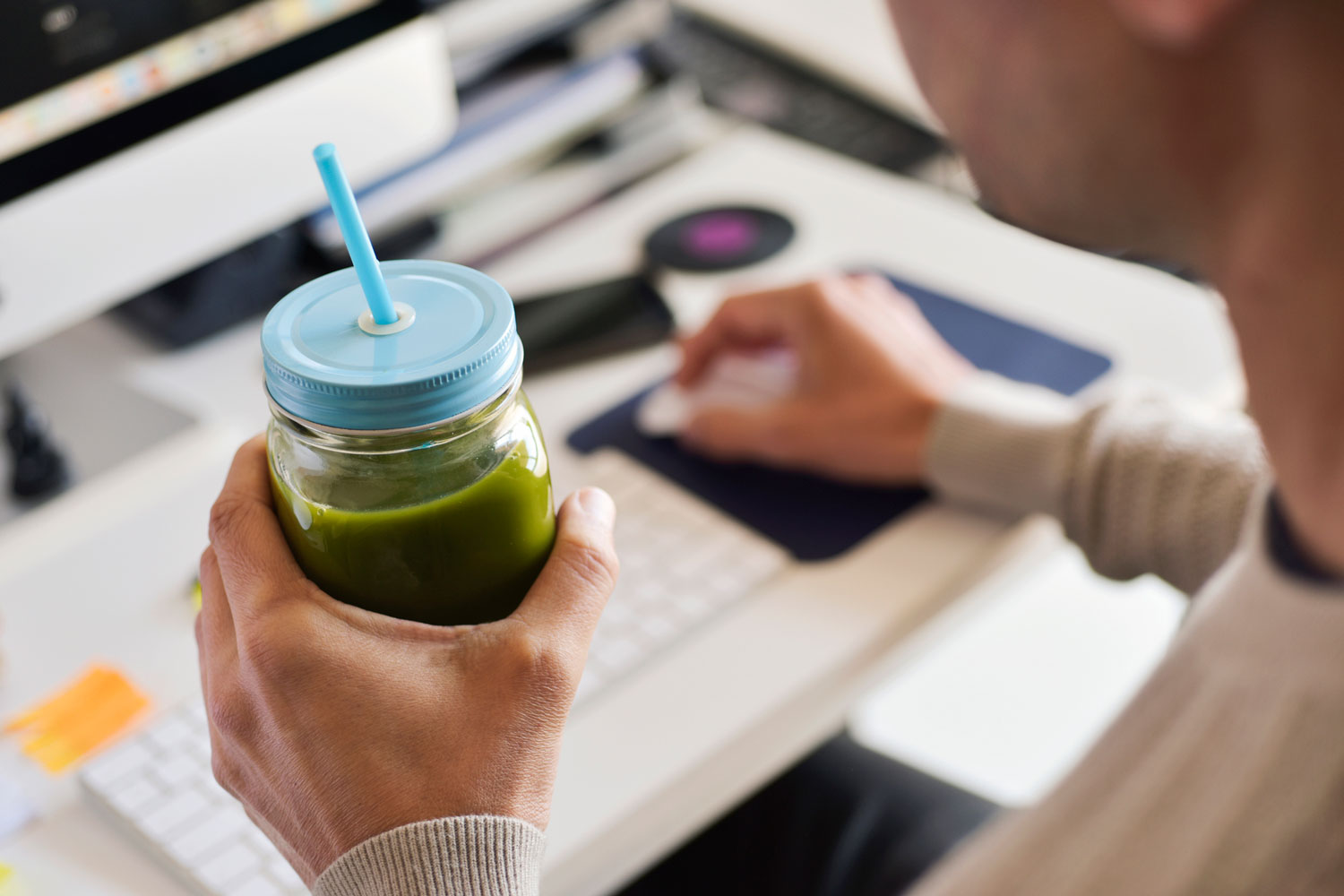If you want to build muscle and achieve your fitness goals, downing the right fuel after a workout is nearly as important as exercise itself, say one of the most respected sports dietitians in Australia, Jess Spendlove.
“Consuming the right nutrition post exercise is important for a few reasons,” she explains. “Firstly, It can help support adaptation to the training session. If you are training for performance or a particular result this is key, and if you aren’t it is still nice to make the most out of this ‘window of opportunity’.”
“I call this a window of opportunity because post training, our muscles are primed to take up nutrients. Think of them like a sponge. Their ability to do this is even more effective than usual.”
It’s true that new science shows that you don’t have to consume the nutrients you need immediately after a workout to reap muscle-building, strength-priming benefits. But most people find that eating a protein bar or chugging a protein shake before (or even during) a workout can lead to digestive issues—up to an including a mid-workout case of the trots.
And it’s also true that you shouldn’t exclusively be turning to protein bars or shakes in order best help your body recover from a hard workout. Just like good overall nutrition, you should strive for a variety of foods—each of which carries their own unique lineup of good-for-you-nutrients.
“You might have heard that – ‘the first 30 minutes is critical’ which is correct in some way, but if you don’t consume nutrition immediately in that window it doesn’t mean your nutrition isn’t effective,” Jess adds. “The other thing to point out is the timing piece is more important if you train twice per day, or if you have specific goals like maximising lean mass gains following a resistance based session. Outside of those scenarios having a recovery meal or snack around 60 minutes following is fine.”
So if you give a little extra thought to your post-training nutrition, your time at the gym (or on the road, or in the water, or wherever you workout) might produce even better results.
So what exactly should you reach for? Here’s are Jess’ best tips:
Recovery food basics
“Depending on the type of training, your ability to ‘recover’ is elevated for 24-48 hours after, meaning while the immediate post training meal or snack is important, so is what you eat across that window. I often talk about recovery as a 24/7 process for this reason. Each meal and snack really is an opportunity for women who like to train most days.”
Here are some of the foods you should be focusing on:
Protein – This is important for muscle repair (this nutrient is also really important for appetite control)
Carbohydrates – to repair muscle glycogen used. It is also important for reducing the spike of cortisol which can occur in intense session. This is more important for certain types of sessions – one’s which are high intensity or last for longer periods of time.
Fluids – important to replace any fluids lost
Colour – this is less important in an acute sense, but important overall to ensure adequate vitamins, minerals and antioxidants which aid in recovery.
The above principals apply to all types of training, but the intensity and duration of the session will dictate the amount needed or how precise you need to be, particularly when it comes to the carbohydrate piece of the puzzle.
What are the best post-recovery foods after…
1. Strength training
YoPRO PERFORM with oats, fruit & PB or if it is close to a meal, for example breakfast 2 eggs with some smoked salmon, veggies & sourdough.
2. Cardio
If in the morning this might be something like overnight oats made with milk of choice, high protein yoghurt, fruits, nuts & seeds. If you prefer to train at night this might just be your dinner meal which could be something like a chicken or tofu stir fry with brown rice and vegetables.
3. Hiit
Similar to cardio and running
4. Running
Smoothie with coconut water or milk of choice, high protein yoghurt (YoPRO PERFORM), berries, banana & chia seeds
5. Mobility (yoga etc)
Nothing specific here, I would just recommend having your next meal when you have planned to have it. This would be considered an active recovery session
















